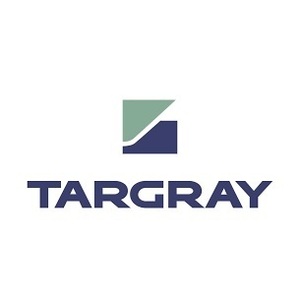Targray opens new biodiesel terminals in Oregon

March 10, 2023
BY Targray
Targray, a leading international supplier of renewable fuels and feedstock, has announced the opening of two new biodiesel fuel terminals in Oregon.
Located in Portland and Eugene respectively, the new terminals are strategically positioned to ease supply concerns for wholesale fuel distributors, retailers and refineries in the state which has a mandatory 5 percent biodiesel blending requirement in place to help curb emissions and transition towards clean energy in the fight against climate change.
Like the LCFS program in California, the Oregon Clean Fuels Program (CFP) is a law regulated by the state which requires a 10 percent reduction in transportation fuel carbon intensity (CI) over a 10-year period in order to reduce greenhouse gas emissions from the transportation fuels sector below 2015 levels by 2025.
Advertisement
Advertisement
Advertisement
Advertisement
Related Stories
CoBank’s latest quarterly research report, released July 10, highlights current uncertainty around the implementation of three biofuel policies, RFS RVOs, small refinery exemptions (SREs) and the 45Z clean fuels production tax credit.
The U.S. Energy Information Administration maintained its forecast for 2025 and 2026 biodiesel, renewable diesel and sustainable aviation fuel (SAF) production in its latest Short-Term Energy Outlook, released July 8.
XCF Global Inc. on July 10 shared its strategic plan to invest close to $1 billion in developing a network of SAF production facilities, expanding its U.S. footprint, and advancing its international growth strategy.
U.S. fuel ethanol capacity fell slightly in April, while biodiesel and renewable diesel capacity held steady, according to data released by the U.S. EIA on June 30. Feedstock consumption was down when compared to the previous month.
XCF Global Inc. on July 8 provided a production update on its flagship New Rise Reno facility, underscoring that the plant has successfully produced SAF, renewable diesel, and renewable naphtha during its initial ramp-up.
Upcoming Events










